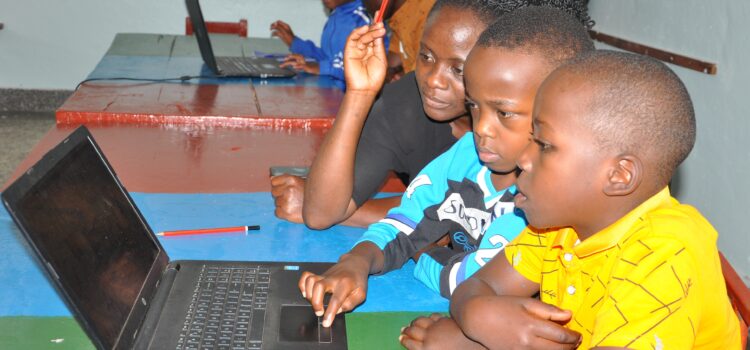In the midst of Africa’s tech renaissance, the concept of digital literacy emerges as a powerful catalyst, poised to bridge longstanding gaps and propel the continent into a digitally inclusive future. Digital literacy is not just about mastering the intricacies of smartphones and computers; it is a transformative tool that empowers individuals to actively participate in the digital landscape, unlocking doors to education, employment, and civic engagement.
In many parts of Africa, access to technology has historically been uneven, creating what is commonly referred to as the “digital divide.” However, digital literacy initiatives are turning this challenge into an opportunity. Across urban centers and rural communities alike, efforts are underway to equip individuals with the skills needed to navigate the digital world effectively.
At its core, digital literacy involves more than just knowing how to use technology; it is about understanding the broader implications of the digital age. Educational programs are emphasizing critical thinking, online safety, and responsible digital citizenship. These initiatives are not only breaking down barriers to access but are fostering a generation of savvy users who can harness technology as a tool for empowerment.
One significant aspect of bridging the digital divide is reaching marginalized communities. Through community-based programs and partnerships with local organizations, digital literacy initiatives are bringing technology education to areas that have traditionally been underserved. This democratization of digital knowledge ensures that the benefits of the Fourth Industrial Revolution are not confined to urban hubs but reach every corner of the continent.
In classrooms, students are learning not only how to use digital tools but also how to leverage them for learning and creativity. Teachers, often the champions of this digital revolution, are being trained to integrate technology into the curriculum effectively. The goal is not just to produce tech-savvy individuals but to nurture a mindset that sees technology as an enabler of progress.
As Africa navigates the digital landscape, the emphasis on digital literacy becomes a cornerstone for inclusive development. It is not merely about catching up with global trends but about empowering individuals from all walks of life to actively participate in and contribute to the digital future. In this way, digital literacy becomes a powerful agent of change, dismantling barriers, and opening doors to a more equitable and connected tomorrow. The journey towards digital inclusion in Africa is not just about technology; it’s about empowering people and communities, ensuring that no one is left behind in the transformative wave of the Fourth Industrial Revolution.






Recent Comment
Governance in the Fourth Industrial Revolution: A Balancing Act
Digital Literacy: Empowering the Future in Africa